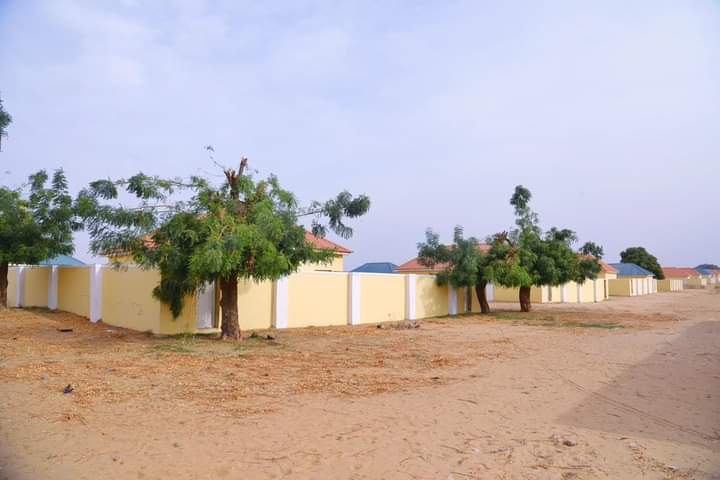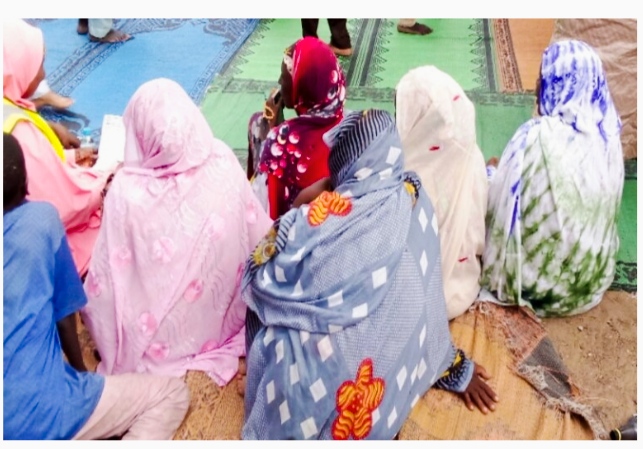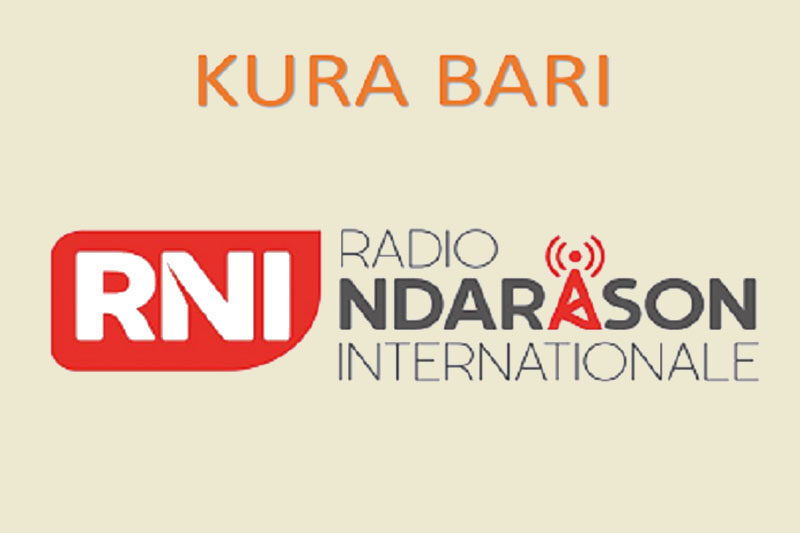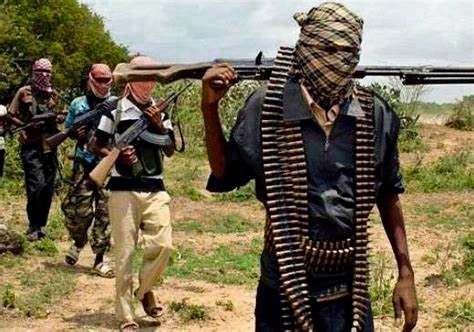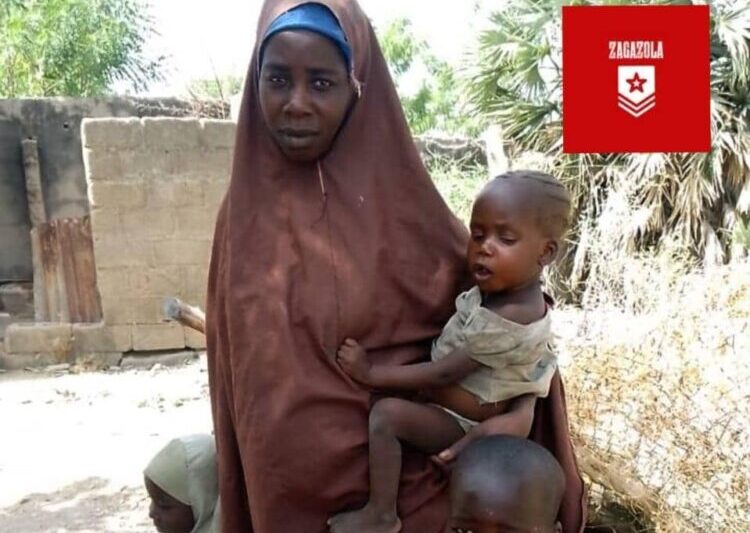No shelters or toilets for more than 200 displaced persons who were forced by the Borno State government to leave the houses they occupied illegally.
More than 200 displaced persons have been forced out of houses they occupied illegally in Dalori to make way for the resettlement of residents of the Kawar Maila camp in Maiduguri which was shut down at the end of February.
They have set up camp under the trees because they have no other place to go. They have no shelters, toilets or privacy.
“We have no dignity.”
Borno state governor Babagana Umara Zulum told legislators on December 13 last year during his 2024 annual budget speech that three unofficial internally displaced persons’ camps – Kawar Maila, Muna and Madinatu – would be closed before May 29 this year.
He promised that all the camps’ residents would be given homes and resettled.
On February 24 Kawar Maila IDP camp was shut down. Its residents were resettled in Dalori, a suburban town near Maiduguri.
However, before they could be resettled, the government had to remove more than 200 displaced people from houses in Dalori that had been illegally occupied and which had been allocated for the residents of Kawar Maila.
The illegal occupants told RNI that they had moved into the houses even though they had not got approval from the Borno State government.
They said the camp they had lived in was shut down in July last year and they had occupied the houses in Dalori because they did not have anywhere else to go.
Officials from the Borno state government forced them out just days before the Kawar Maila residents arrived.
Babagana Malam Modu, an elderly displaced man, told RNI that since they had been forced from the houses two weeks ago they had been living under trees.
“We are homeless. We don’t know our fate. No officials have contacted us and no one seems to care what happens to us. We deserve a better life just like everyone else.
“We sleep under trees with our families. We don’t have shelters or toilets. Our wives have no privacy. We have no dignity.
“Ramadan is fast approaching [the holy month begins on Saturday, March 9] and so is the rainy season.”
Sa’idu Mohammed Barkindo, the director-general of the Borno State Emergency Management Agency, told RNI he was not aware of the plight of the displaced persons.
“As far as the government is concerned, the houses in Dalori were never allocated to anyone before the resettlement of the displaced persons from Kawar Maila. We will not abandon them. We will do something, but I cannot say when.”
Two weeks after their resettlement, displaced persons from Kawar Maila told RNI that they were happy in their new homes although they were worried about their children’s education because there was no school in the community.
Modu Bukar said: “All thanks be to the Almighty, the governor he has really helped us. We can now sleep with our two eyes closed. I can’t remember when last I slept peacefully. I haven’t slept properly since I was chased from my hometown by armed men 10 years ago.
“There was a shortage of water when we arrived, but it has been fixed. The governor instructed engineers to dig a borehole for us and we have enough water now.”
Falta Kau said she was happy – the only problem was the lack of schooling.
“Our children don’t go to school because we do not have a school in our community and there is no school close by. We would like our children to get both a Western and Islamic education. We hope the government will address this problem because our children cannot afford to miss school for too long.”
AYSHA MUSTAPHA KOLOMI


